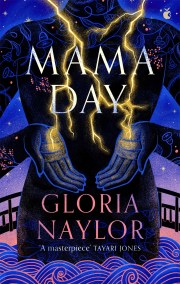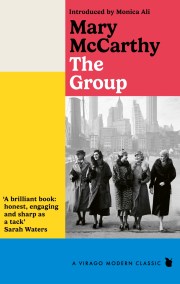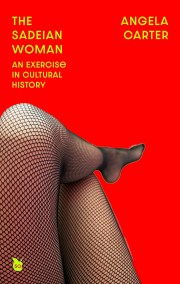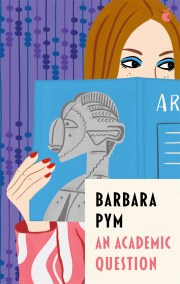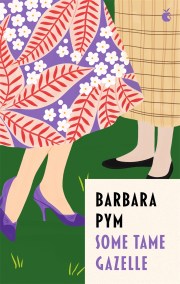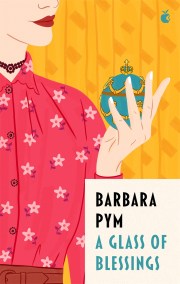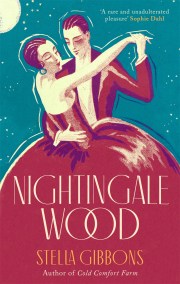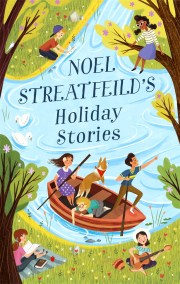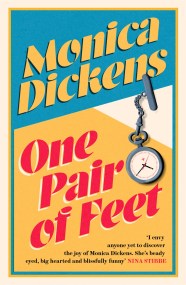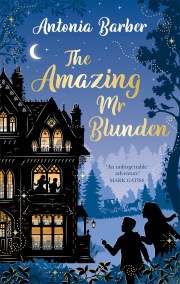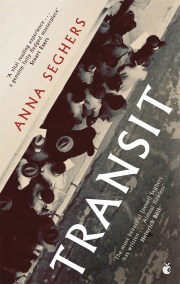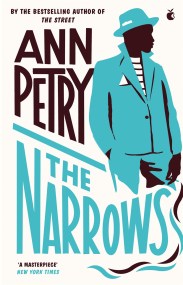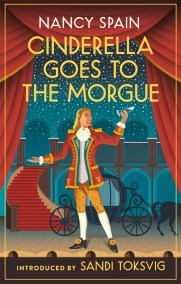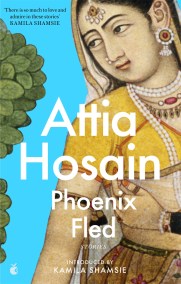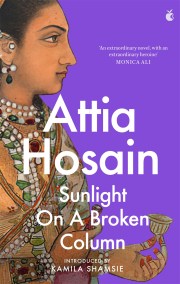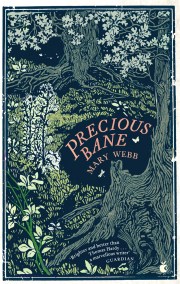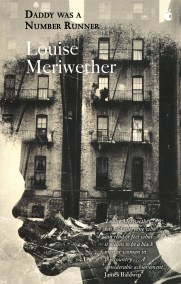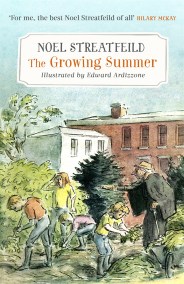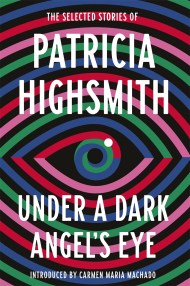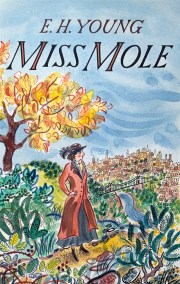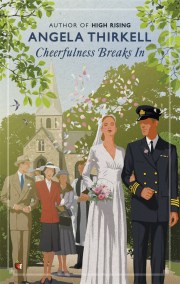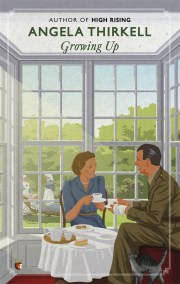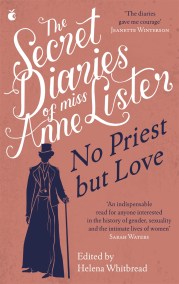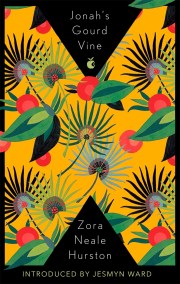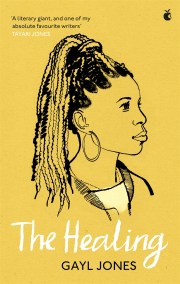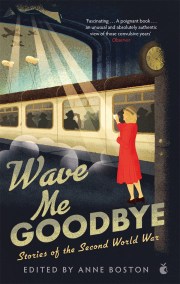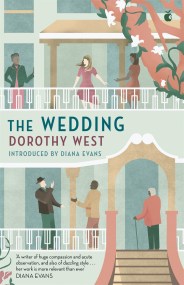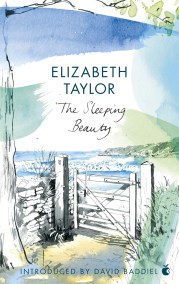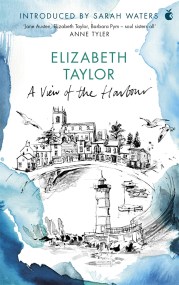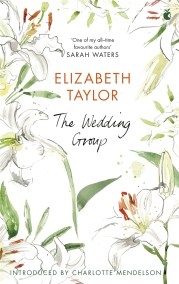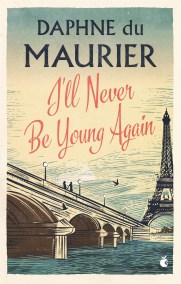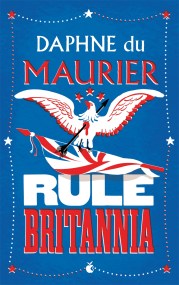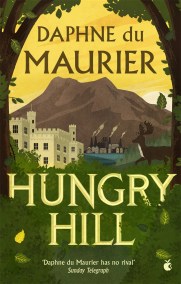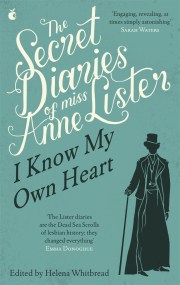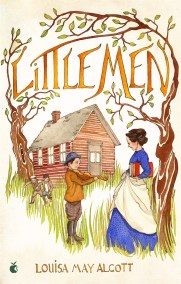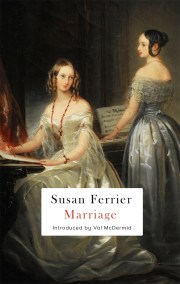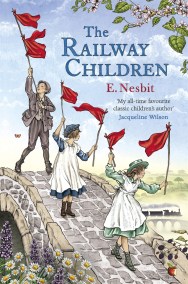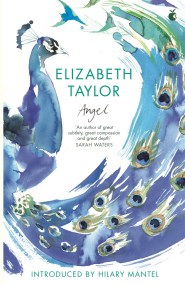Sunlight on a Broken Column
On sale
19th August 2021
Price: £9.99
BY ONE OF THE MOST INFLUENTIAL INDIAN WRITERS OF THE TWENTIETH CENTURY
‘The deftness with which Attia Hosain handles the interplay of manners, class, culture and different forms of female power is gorgeously done . . .’ KAMILA SHAMSIE
‘An extraordinary novel, with an extraordinary heroine’ MONICA ALI
‘A masterful examination of class, culture, family and women’s lives set against the backdrop of Partition’ KIRAN MILLWOOD HARGRAVE
‘My life changed. It had been restricted by invisible barriers almost as effectively as the physically restricted lives of my aunts in the zenana. A window had opened here, a door there, a curtain had been drawn aside; but outside lay a world narrowed by one’s field of vision.’
Laila, orphaned daughter of a distinguished Muslim family, is brought up in her grandfather’s traditional household by her aunts, who keep purdah. At fifteen she moves to the home of her ‘liberal’ but autocratic uncle in Lucknow. As the struggle for Independence sharpens, Laila is surrounded by relatives and university friends caught up in politics, but she is unable to commit herself to any cause: her own fight for independence is a struggle against tradition.
With its stunning evocation of India, its political insight and unsentimental understanding of the human heart, Sunlight on a Broken Column is a classic of Muslim life.
Attia Hosain published only two books, but her writing has influenced generations of writers. Discover Phoenix Fled, Hosain’s acclaimed short-story collection, also published in Virago Modern Classics.
‘The deftness with which Attia Hosain handles the interplay of manners, class, culture and different forms of female power is gorgeously done . . .’ KAMILA SHAMSIE
‘An extraordinary novel, with an extraordinary heroine’ MONICA ALI
‘A masterful examination of class, culture, family and women’s lives set against the backdrop of Partition’ KIRAN MILLWOOD HARGRAVE
‘My life changed. It had been restricted by invisible barriers almost as effectively as the physically restricted lives of my aunts in the zenana. A window had opened here, a door there, a curtain had been drawn aside; but outside lay a world narrowed by one’s field of vision.’
Laila, orphaned daughter of a distinguished Muslim family, is brought up in her grandfather’s traditional household by her aunts, who keep purdah. At fifteen she moves to the home of her ‘liberal’ but autocratic uncle in Lucknow. As the struggle for Independence sharpens, Laila is surrounded by relatives and university friends caught up in politics, but she is unable to commit herself to any cause: her own fight for independence is a struggle against tradition.
With its stunning evocation of India, its political insight and unsentimental understanding of the human heart, Sunlight on a Broken Column is a classic of Muslim life.
Attia Hosain published only two books, but her writing has influenced generations of writers. Discover Phoenix Fled, Hosain’s acclaimed short-story collection, also published in Virago Modern Classics.
Newsletter Signup
By clicking ‘Sign Up,’ I acknowledge that I have read and agree to Hachette Book Group’s Privacy Policy and Terms of Use
Reviews
An extraordinary novel, with an extraordinary heroine. Laila is a sharp observer of the tumultuous politics, and the cultural, racial, and religious conflicts of the dying days of the Raj. There is such richness here, waiting to be rediscovered
As if one had parted a curtain, or opened a door, and strayed into the past . . . Hosain's greatest strength lies in her ability to draw a rich, full portrait of her society - ignoring none of its many faults and cruelties
A masterful examination of class, culture, family and women's lives set against the backdrop of Partition
The deftness with which Attia Hosain handles the interplay of manners, class, culture and different forms of female power is gorgeously done . . . Laila is such a remarkable heroine - sharp, spirited and passionate
Despite Sunlight on a Broken Column being sixty years old, this book is still so relevant, for its themes of privilege, patriarchy, and the effects of Empire. It deftly handles themes that in lesser hands could feel heavy, and delivers a beautiful story that leaves a lasting impression.





